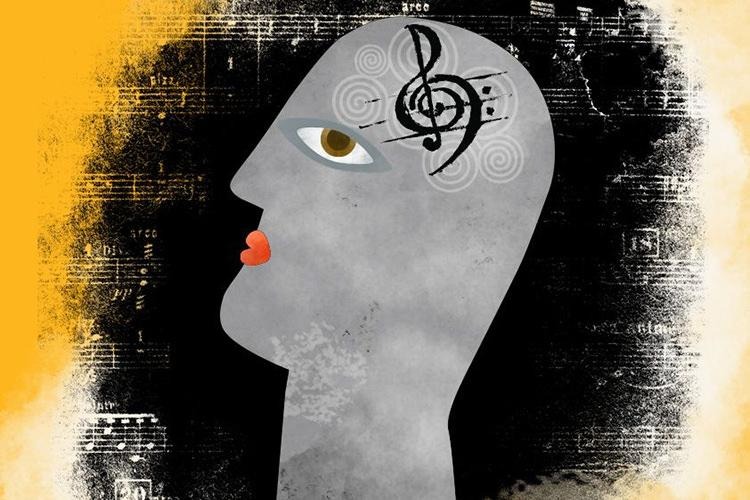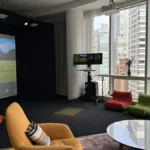Have you ever noticed how a favorite song can bring back a memory from years ago? Or how creating art can calm the mind and lift the spirit? Art and music do more than just entertain us-they can also play a powerful role in helping people with memory-related conditions like dementia or Alzheimer’s.
In this article, we’ll explore how music and art can support memory, spark connection, and improve quality of life. Whether you’re a caregiver, family member, or just curious, you’ll discover simple yet meaningful ways these creative tools can make a real difference.
Keep reading to learn how art and music can help unlock memories and bring joy to everyday life.
Art Encourages Self-Expression
Art activities like painting, drawing, or sculpting allow people to express feelings without needing to find the right words. For someone with memory loss, this can be comforting.
Art can help reduce frustration when communication becomes difficult. It also gives a sense of achievement and independence. When someone completes an artwork, it often brings a feeling of pride and purpose. These positive emotions can lift their mood and improve their overall mental state.
Music Sparks Memories
Music has a unique way of connecting to long-term memories. A favorite song from childhood or early adulthood can bring back vivid memories and emotions. For people with dementia, hearing familiar tunes can help them remember names, places, and events from the past.
This often leads to moments of joy and connection with loved ones. Caregivers and family members may also find it easier to communicate during or after a music session. In some cases, even those who are non-verbal begin to hum or sing along.
Builds Connection and Communication
Art and music sessions are often done in group settings. These experiences help build a sense of community. When people work together on an art project or sing along to songs, they feel included and valued. Social connection is especially important for individuals with memory-related conditions.
Isolation and loneliness can worsen symptoms, but engaging with others through music or art can provide emotional comfort. This is a key part of the compassionate dementia support offered in many care programs today.
Reduces Stress and Anxiety
Living with a memory condition can be overwhelming. Fear of forgetting or not understanding what is happening often leads to anxiety. Art and music offer a peaceful escape.
Soft music can calm the mind, while gentle painting can soothe the nerves. These activities help shift the focus from fear to enjoyment. They also support better sleep, lower blood pressure, and a more relaxed mood overall.
Encourages Routine and Mental Stimulation
Having a regular art or music activity can help provide structure to the day. Routine is very helpful for people with memory conditions. It offers predictability and a sense of control.
At the same time, creating art or listening to music gives the brain a workout. It encourages mental stimulation without pressure. Even simple activities like coloring or tapping to a rhythm can help keep the brain engaged. This kind of stimulation may help slow down cognitive decline over time.
Explore Art and Music in Memory-Related Conditions
Art and music can help people with memory-related conditions feel more connected and calm. These activities often bring back memories and emotions in a natural way. They can also improve mood and reduce stress.
Many people find it easier to express themselves through art or music. Overall, creative activities support brain health and improve quality of life.
If you’d like to learn more, check out more articles on our blog.







